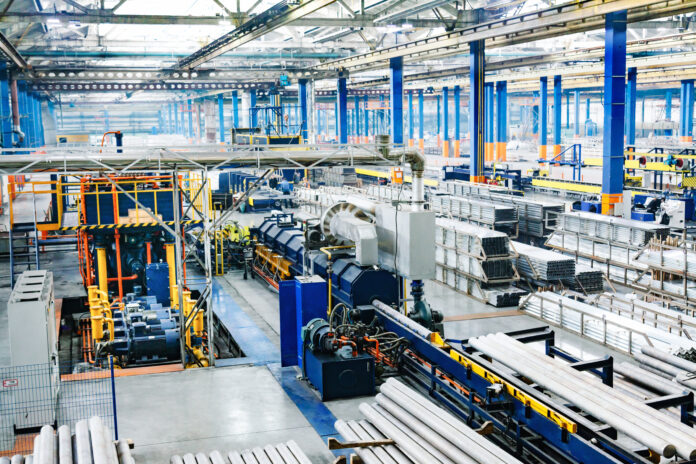
The outlook for Australia’s manufacturing sector has taken a dive in December following a sharp decrease in industry output, according to the latest Industrial Trends Survey conducted by Westpac and the Australian Chamber of Commerce and Industry (ACCI).
The significant drop comes amid surging energy costs, increased interest rates, record-high labour shortages, and ongoing supply chain challenges.
Andrew Hanlan, a senior economist at Westpac, said the manufacturing sector has faced conditions that shifted dramatically, beginning with a positive economic outlook from three months ago to a significantly low one by the end of 2022.
The Westpac-ACCI Actual Composite index experienced a “sobering” drop in the December quarter, stepping down from an elevated 64.6 in the September quarter to 49.0.
“With a reading around the break-even mark of 50, this indicates that conditions are approaching a stalling speed,” Hanlan said.
The new orders index also stalled in the December quarter, with only a net 2 per cent of respondents reporting a rise.
“The burst of demand enjoyed by the manufacturing sector on the reopening of the economy from delta lockdowns and the omicron disruptions has come to an end,” Hanlan noted.
Furthermore, the mood of Australian manufacturers has turned deeply pessimistic, with a total of 19 per cent of respondents expecting general business conditions to worsen over the next six months.
“This is a sharp deterioration from three months ago, when business sentiment was positive and around average levels, at plus 18 per cent,” the Westpac economist added.
ACCI Chief Executive Officer Andrew McKellar attributed the weakening forward sentiment from local manufacturers to soaring input costs, which are beginning to drag factory output.
“The remarkable rebound in activity enjoyed by the manufacturing sector following the pandemic appears to be well and truly over,” McKellar said.
“There is little reprieve for manufacturers on the horizon, especially for those firms that are exposed to higher gas and power prices. Coupled with far-reaching changes to workplace laws, this could see a difficult situation become even more challenging,” the ACCI chief added.




















